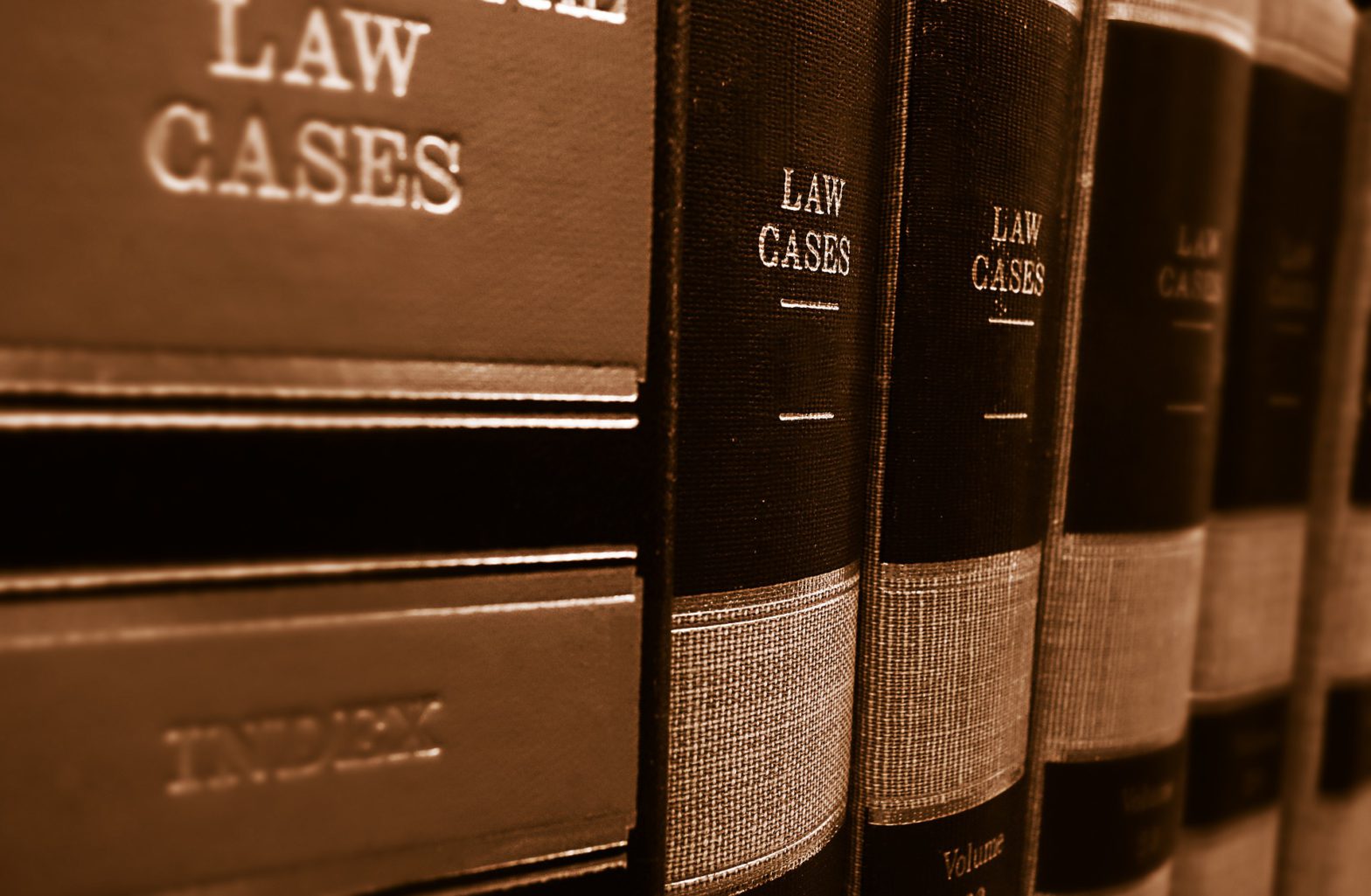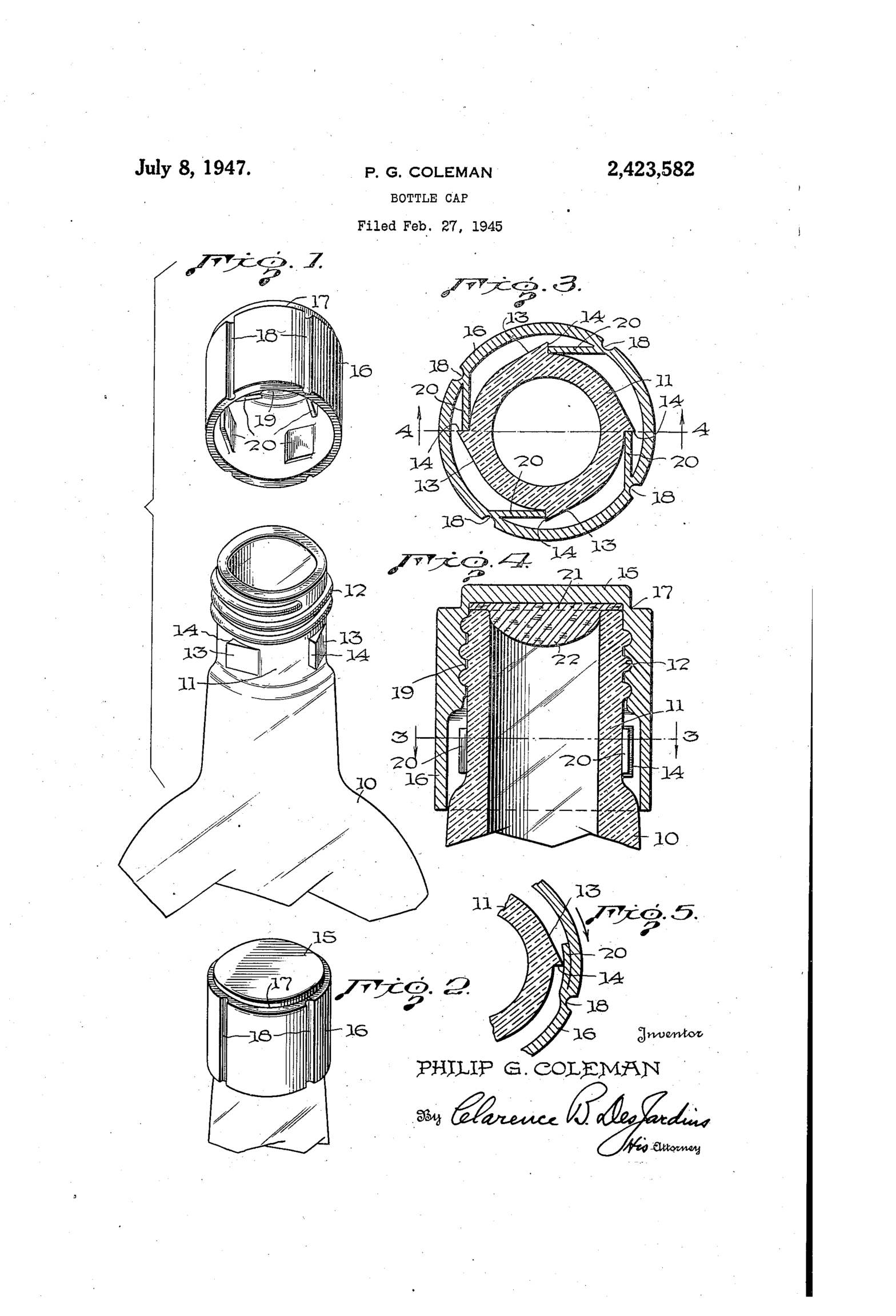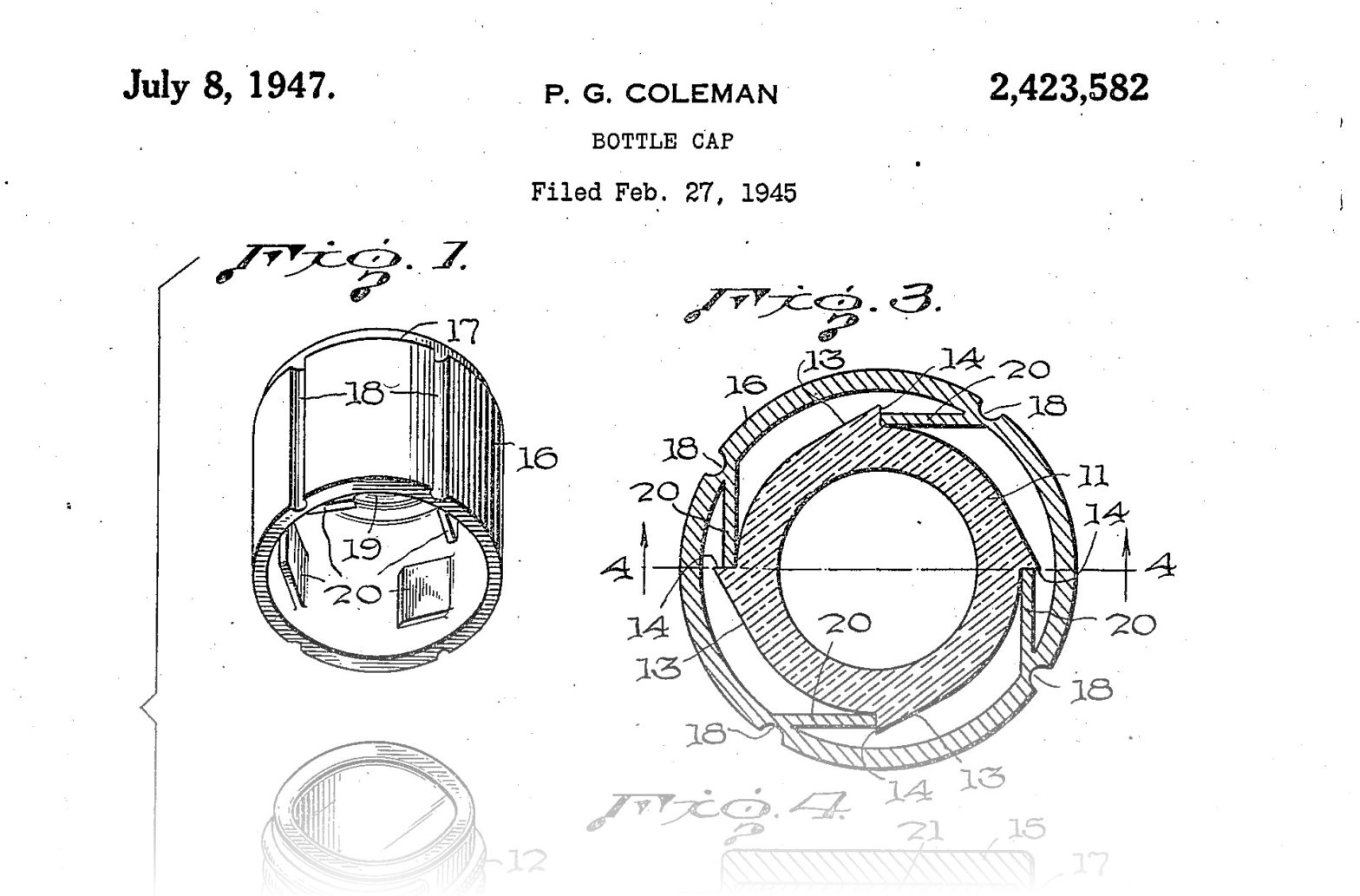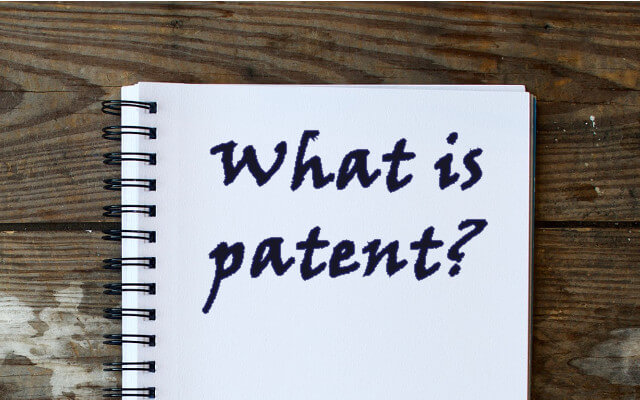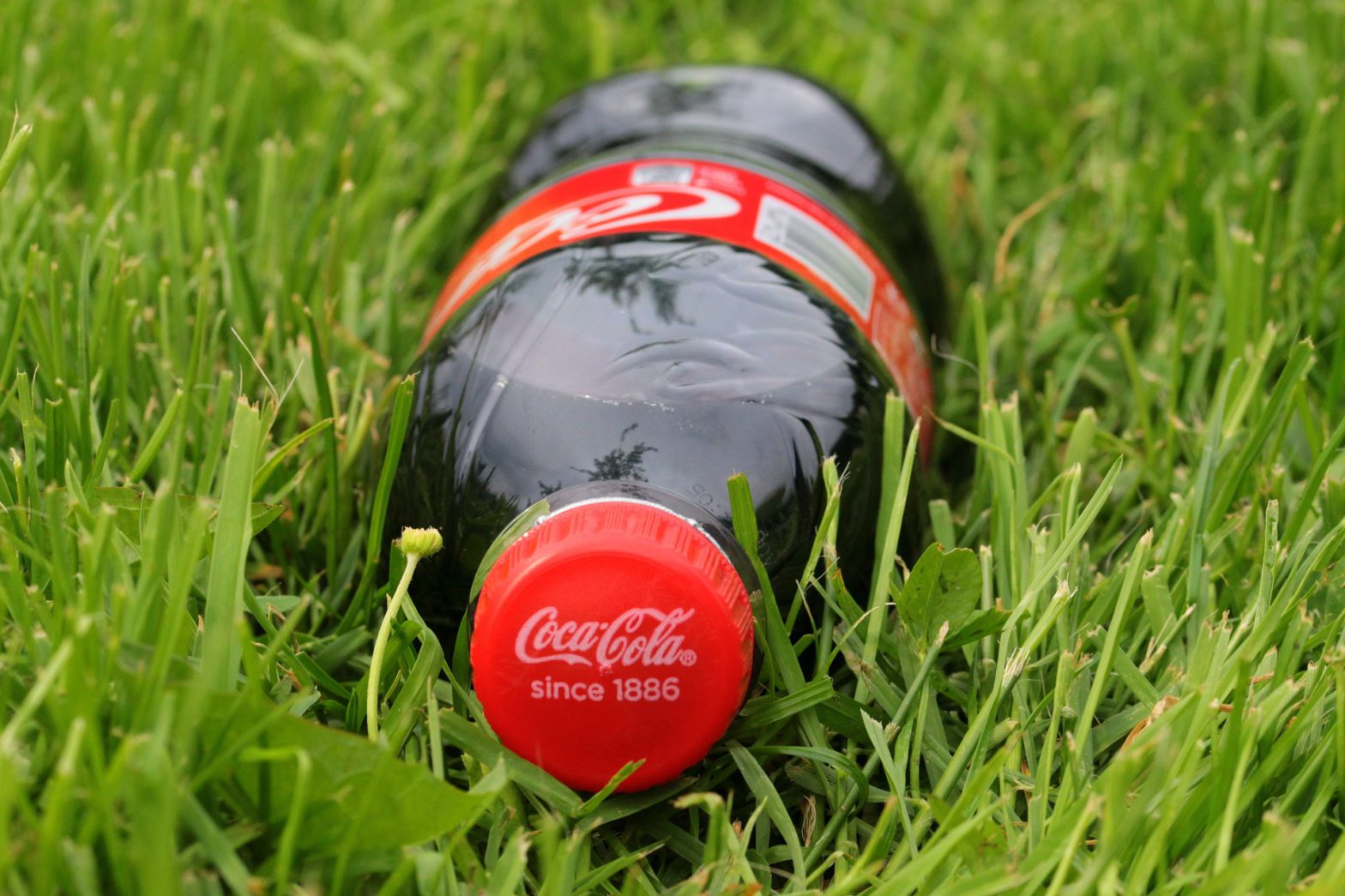It doesn’t have to be so expensive. It’s just that the law firms, boutiques, or their likes practicing patent law are focused on serving bigger mostly corporate clients rather than individual inventors. When it comes to an invention which is more about an idea and less about technology, you don’t need PhDs spending hours reviewing… Continue reading Why getting patent so expensive?
Author: Youngsik Jeon, Esq.
J.D. Chicago-Kent College of Law; Georgia & Illinois Bar Member; USPTO Registered Patent Attorney
Utility vs. Design Patent
Actually there are more than one type of patent. There’s utility patent, which is basically what you think patent is. And there’s design patent, which is somewhat unpopular but got the attention when Apple sued Samsung for infringing its design patent. These two types likely cover all your needs. If you want to protect the… Continue reading Utility vs. Design Patent
What can be patented?
You found nothing like yours in your Google Patents search, and you might feel ready to patent your new idea. It’s not that simple. First, your invention should be new in a sense that people don’t know it yet. Even if nobody really patented an idea, the idea might be known to many as a… Continue reading What can be patented?
Trademark Maintenance: does trademark registration expire?
Maintaining registration calls for both administrative and executive action. Administratively, you need to file with the USPTO a showing that you’re still using the mark after 5 years of the registration, and every 10 years, you need to file a request for renewal. On the business side, you must continue using your mark at all times, even after the registration. This requirement… Continue reading Trademark Maintenance: does trademark registration expire?
TEAS Plus vs. Standard Explained
By carefully filling out all the required blanks and agreeing to go paperless in communicating with the USPTO, you can reduce your application fees from $325 to $225 (TEAS plus). TEAS RF Standard allows you to enter goods/services description in your own words for a slightly heftier fee, but it is not recommended if you want the examination process… Continue reading TEAS Plus vs. Standard Explained
Patent Infringement: Clearance Search Explained
Patent clearance search is called a Freedom-To-Operate opinion because it reveals others’ patents that are blocking your way. It requires searching and analyzing patent documents in the country where you do business. Even if you invent something new, it is often based on other’s previous works. For example, you get a patent on a new cap design for plastic bottles, which… Continue reading Patent Infringement: Clearance Search Explained
Patent: what is it?
Patent is an expensive but smart way to protect your business. Getting a patent is not a quick and easy process. It usually takes years of prosecution (though you can claim “patent pending” from the moment you file the application) and thousands of dollars. However, the reward is a government sanctioned monopoly. Yes, MONOPOLY. Patent is a deal you make… Continue reading Patent: what is it?
Trademark Clearance Search
Clearance Search It is absolutely necessary to find out if there is anyone using your mark prior to your use. A clearance search is often performed through proprietary services, which often search not only state and federal registrations but also common law trademarks. Typically, a better service costs more; but depending on your situation a simple Google search… Continue reading Trademark Clearance Search
Trademark Registration: do I need to hire an attorney?
Getting a trademark, you can either “do it yourself” or hire a professionals. DIY option describes not only filing directly via TEAS at USPTO.gov but also using commercial services under $100. Let’s compare these two options. Do it yourself Professional Help Mark Your choice of wording and design Likely a better wording and design Registration online trademark search/registration via… Continue reading Trademark Registration: do I need to hire an attorney?
Standard Character mark v. Special Form mark
There are mainly two types of trademark, a standard one and a stylized one. A standard one (called a standard character mark) establishes your trademark rights to the written words of the mark whereas a stylized one (called a stylized/design mark) to the expression of the words in a certain way. For example, “Coca-Cola” is a brand name of a certain soda… Continue reading Standard Character mark v. Special Form mark

